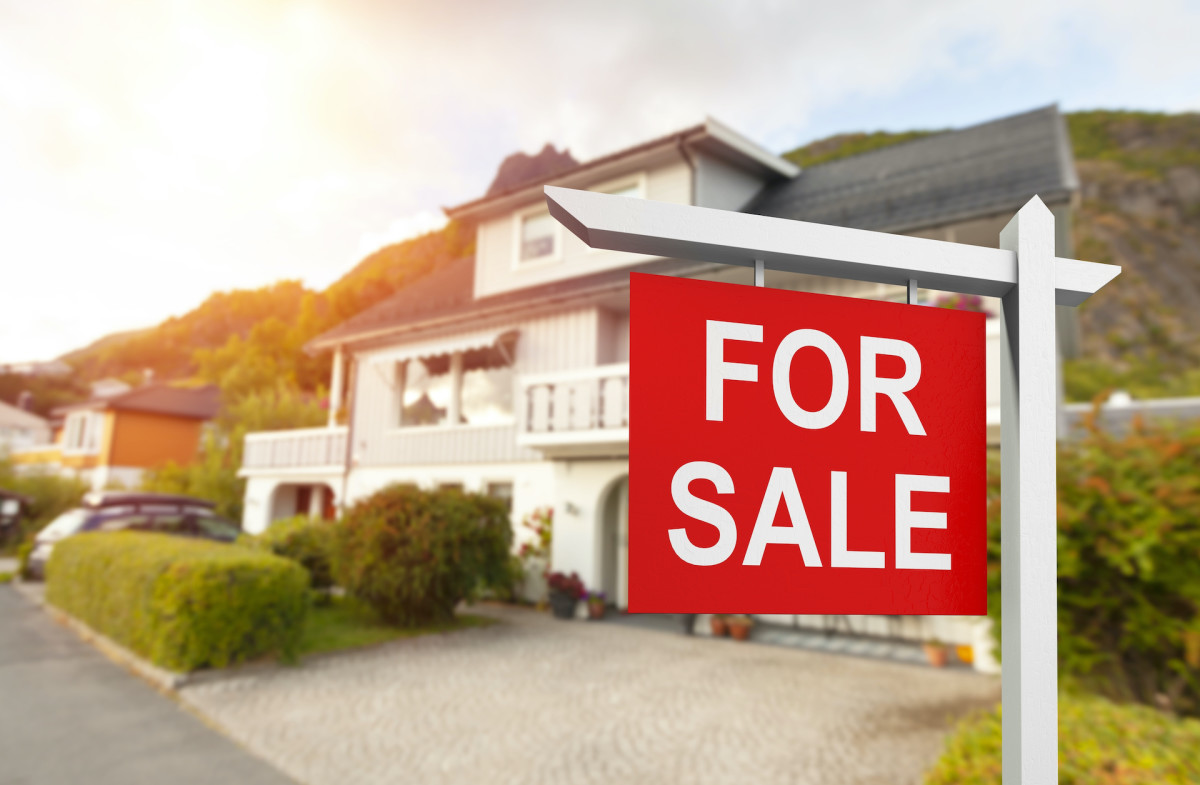
U.S. mortgage rates rose past 7.5% for the first time in more than two decades last week, an industry lobby group said Wednesday, with the home purchase market slowing to the lowest levels since 1995 amid the surge in Treasury bond yields and signals of further interest rate hikes from the Federal Reserve.
The Mortgage Bankers Association said average 30-year fixed rates for conforming loan balances of less than $726,200 rose 12 basis point to 7.53% for the week ending on September 29, a move that takes that headline rate to the highest level since the the start of the new century.
A separate report, published Tuesday by Mortgage News Daily, showed 30-year fixed rates hitting 7.72% this week amid the surge in Treasury bond yields.
The MBA's seasonally-adjusted Purchase Index, which tracks mortgage applications for the purchase of a single-family home, fell 5.7% to the lowest levels since 1995 as buyers backed away from new transactions amid the surge in borrowing costs, while new applications were down 6 and on the week and a stunning 22% when compared to last year's levels.
The MBA said its refinancing index slumped 6.6% as homeowners balked at swapping out lower-rated loans for more expensive mortgages.
“Mortgage rates continued to move higher last week as markets digested the recent upswing in Treasury yields," said Joel Kan, the MBA's chief economist. "Rates for all mortgage products increased, with the 30-year fixed mortgage rate increasing for the fourth consecutive week to 7.53 percent – the highest rate since 2000.”
“As a result, mortgage applications ground to a halt, dropping to the lowest level since 1996. The purchase market slowed to the lowest level of activity since 1995, as the rapid rise in rates pushed an increasing number of potential homebuyers out of the market. ARM loan applications picked up over the week and the ARM share increased to 8%, as some borrowers searched for ways to lower their payments.”
The surge in rates, which has tracked both the long-run of Federal Reserve rate hikes and a surge in Treasury bond yields that has lifted benchmark 10-year notes to a 2007 high of 4.83%, have pounded both homebuilder sentiment and new housing construction.
The National Association of Homebuilders closely-tracked survey of builder confidence fell six points to a six-month low of 45 points in September, and fell through the breakeven 50-point mark for the first time in five months.
August housing starts fell by a much-larger-than-expected 11.3% from July, the Census Bureau said, to an annual run rate of around 1.283 million units, well shy of analysts' estimates of a 1.44 million tally and the slowest pace since June of 2020.
Builders broke ground on new single family homes at an annualized rate of 941,000, down 4.3% from July and again well shy of economists' forecasts.
That, however, has kept prices for existing home prices elevated thanks to a lack of new supply and the reluctance of buyers to sell homes tied to lower-rated mortgages.
The National Association of Retailers said late last month that the national median existing-home price for all housing types reached $407,100 in August, up 3.9% from a year ago.
- Action Alerts PLUS offers expert portfolio guidance to help you make informed investing decisions. Sign up now.







